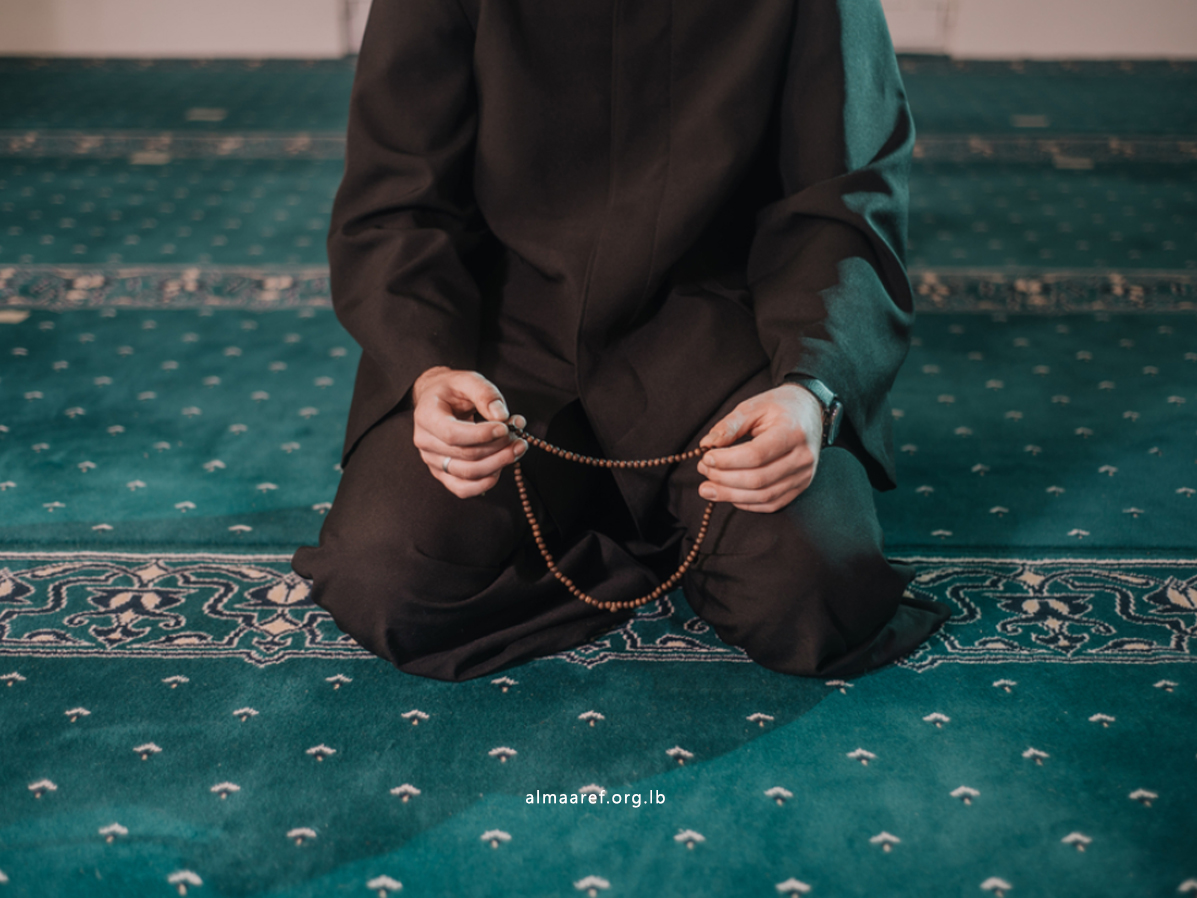Intension and the Act of Worships
Intention (Niyah): is the deliberate and decisive direction of will towards something. In Islam, it plays a significant role in assigning true value to human actions and stances. It also contributes to evaluating the self of the actor and their psychological orientation.
In Islam, neither the act of worship nor the actor is given intrinsic value or importance without intention and purpose. Islam views the act of worship as a structural fabric of human effort, its value determined by intention or purpose.
Thus, intention (Niyah) is an expression of internal stance, self-direction, and the inner truth of a person. It is the true essence that fills the structure of action. Therefore, intention is considered a tool to reveal the reality of the human inner self, a truth that actions alone cannot uncover. Actions can be deliberately manipulated by individuals, as they represent the external manifestation of effort, which may not necessarily align with the true inner reality and content of a person. Many people may spend money, exhibit good conduct, pray, and fast, and we observe these outward manifestations of actions appearing similar among all practitioners. However, Islam provides another means of evaluating these actions and weighing them on a different scale: intention. Thus, those who spend money or display good conduct to gain reputation and fame, and those who pray and fast without sincere devotion to God, in the view of Islam, embody two separate and contradictory truths within the Islamic context: the inner truth of intention and the outward truth of structured action.
When Islam establishes its criteria to weigh actions and evaluate the actor, it places intention as the fundamental basis for measurement and assessment. If the intention is not sincerely for the sake of Allah Almighty, then such an action is considered void, without value, and ultimately futile for its doer. This is because the actor did not intend to draw nearer to Allah or direct themselves towards Him; rather, their intention was self-centered, aimed at asserting their own identity to appear righteous and acceptable to others.
Therefore, Islamic jurisprudence emphasizes the crucial importance of intention in determining the value of an action, whether it is intended for the sake of Allah Almighty or for any other reason.
The noble Prophetic tradition has clearly recorded this meaning, stating: "Actions are judged by intentions, and every person will have what they intended. So whoever makes a deed for the sake of Allah and His Messenger, then his action is for them. Whoever works for worldly gain, or to marry a woman, then his work goes for it."[1] (Narrated in Sahih Bukhari and Sahih Muslim)
Similarly, Al Imam Ja'far Al Sadiq (a.s) stated: "The companion of sincere intention is the possessor of a sound heart."[2] (Bihar Al Anwar)
When Al Imam Ja'far Al Sadiq was asked about the measure of worship that, if performed, would suffice its performer, he replied: "Good intention in obedience."[3] (Bihar Al Anwar)
"The intention" serves as the source of an action's value, upon which its acceptance by Allah and the attainment of its reward depend. Therefore, a true believer remains far from contradiction, hypocrisy, and internal division, expressing themselves genuinely through their actions. Through such practice, they reveal their character and depict the underlying personal inclinations, free from pretense or insincerity.
Intention is considered the ultimate result of a series of cognitive and psychological processes that ultimately determine a person's internal stance. It propels their physical faculties to manifest actions into existence.
* Worship and Servitude, Al Maaref Islamic and Cultural Institution
[1] Muhammad Mahdi Al Naraqi, Jami’ Al Sa’adat, part 3, page 123
[2] Muhammad Mahdi Al Naraqi, Jami’ Al Sa’adat, part 3, page 111
[3] Muhammad Mahdi Al Naraqi, Jami’ Al Sa’adat, part 3, page 113



















